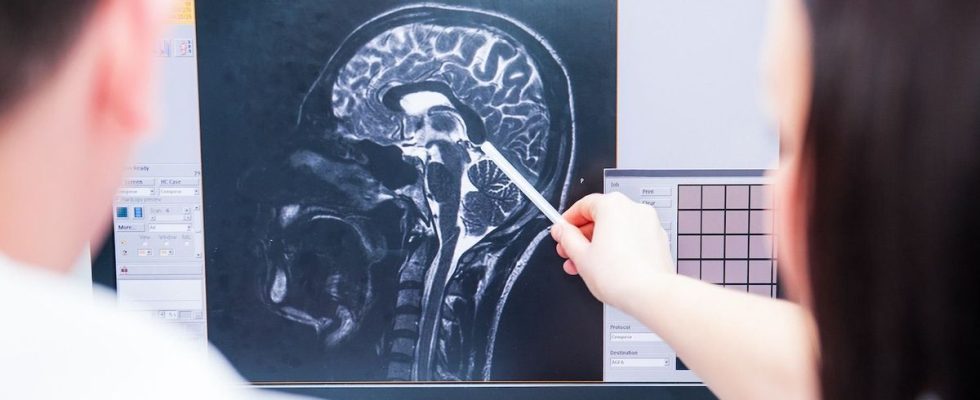Published on
Updated
Reading 2 min.
in collaboration with
Dr Gérald Kierzek (Medical Director of Doctissimo)
Medical validation:
December 1, 2023
Although they are thought to be “unconscious”, some patients who have suffered a cardiac arrest can retain vivid memories of this traumatic episode. At least that is the surprising conclusion of a new study, commented on by our medical director, Dr Gérald Kierzek.
Some degree of consciousness during resuscitation
Contrary to popular belief, after a cardiac arrest, victims can understand what is happening around them and retain precise memories.
To reach this conclusion, researchers from the American NYU Grossman School of Medicine examined 567 patients, resuscitated after suffering a cardiac arrest between May 2017 and March 2020.
Although less than 10% of them have recovered sufficiently to be able to leave the hospital, almost four out of ten patients remember having experienced a certain “degree of consciousness” during cardiopulmonary resuscitation.
The brain activity of nearly 40% of hospitalized patients seemed to have returned.to normal“, within one hour after the start of cardiopulmonary resuscitation.
The electroencephalogram even showed, in these patients, peaks of gamma, delta, theta, alpha and beta waves… a sign that the brain is in working order.
“Although doctors have long believed that the brain suffers permanent damage about 10 minutes after the heart stops supplying it with oxygen, our work found that the brain can show signs of electrical recovery long after cardiopulmonary resuscitation. in progress“, reveals Dr Sam Parnia, lead author of the study.
The resuscitated patients also claim to have kept “memories” of this traumatic episode. They also confide that they have sometimes experienced “dreamlike experiences“: perception of separation from the body, observation of events without pain or distress, evaluation of their actions and relationships since early childhood from the point of view of morality…
Still others remember their medical treatment, but also the pain linked to the care provided (electrodes on the chest, etc.) or the pressure they endured.
Stopping the heart does not cause the brain to stop
Results, which do not surprise Dr Kierzek, medical director of Doctissimo.
“The diagnosis of death is made when the brain stops, not the heart. Which means that when the heart stops, the other organs continue to live…at least for a while“, he assures. “Now the real question is: how to interpret these perceptions? are they real? Are they hallucinations? Experiments on imminent death should be pushed forward in a scientific manner, about which we know almost nothing.“.
For the authors, these memories – more or less objective – could be “signs of universal and shared elements of so-called near-death experiences”.
They specify that one possible explanation for this phenomenon lies in the fact that the brain, when it is dying, “peaks” and gets rid of certain natural inhibitory systems.
A “state of disinhibition” which could “pave the way for a systematic exploration of what happens when someone dies”, conclude the scientists.
More information on these near-death experiences in our articles:
